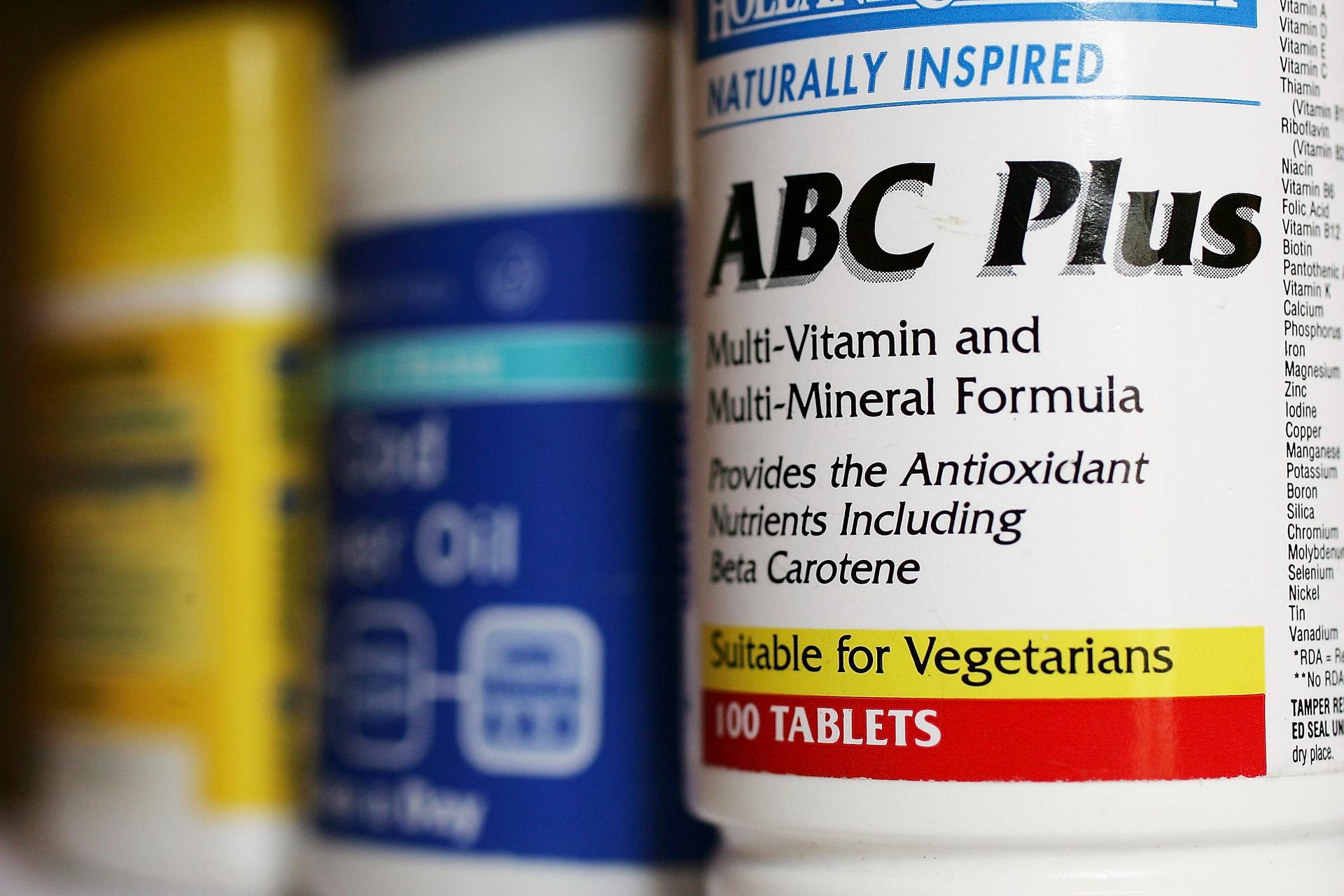Study: Vitamins don’t help and may harm women
A selection of over-the-counter vitamin supplements in Edinburgh, U.K.
Vitamin supplements generally provide no benefits for women, according to a study published today in the journal Archives of Internal Medicine.
MyHealthNewsDaily reports:
Women who took supplements had, on average, a 2.4 percent increased risk of dying over the course of the 19-year study, compared with women who didn't take supplements, after the researchers adjusted for factors including the women's age and calorie intake.
"I would conclude that supplements are not protective against chronic diseases," Jaakko Mursu of the University of Minnesota in Minneapolis and the study’s lead author, told ABC News. "In some cases they may be harmful, especially if used for a long time."
Researchers analyzed data from nearly 39,000 older women who participated in the Iowa Women's Health Study, Reuters reports. The women answered questions about their intake of multivitamins, vitamins A, C, D and E, beta-carotene, B vitamins and minerals such as calcium, copper, magnesium, selenium and zinc.
Only calcium supplements were linked to a lower risk of death over 19 years of follow-up, Reuters reports.
According to ABC News:
In 2003, the National Institutes of Health (NIH) found that roughly half of Americans reported taking at least one dietary supplement, creating nearly $20 billion in annual industry profits. And dietary supplement use becomes more common as people get older. In the current study, the numbers of women who reported taking supplements increased over time — from 63 percent in 1986, to 75 percent in 1997 and 85 percent in 2004.
Much of that pill popping has been in vain, the study suggests. "Unless you are deficient, there is hardly any reason to take them," Mursu told Reuters Health.
"Until recently, the available data regarding the adverse effects of dietary supplements has been limited and grossly underreported,” Dr. Goran Bjelakovic and Dr. Christian Gluud, of the Center for Clinical Intervention Research at Copenhagen University Hospital in Denmark wrote in an accompanying commentary, MyHealthNewsDaily reports. “We think the paradigm ‘the more, the better’ is wrong.”
"It can be confusing for the public when something isn't entirely black and white," Dr. Donald Hensrud, chair of preventive medicine at the Mayo Clinic, told ABC News. "But based on this new study, people should be even a little more cautious now about taking these supplements."
The story you just read is accessible and free to all because thousands of listeners and readers contribute to our nonprofit newsroom. We go deep to bring you the human-centered international reporting that you know you can trust. To do this work and to do it well, we rely on the support of our listeners. If you appreciated our coverage this year, if there was a story that made you pause or a song that moved you, would you consider making a gift to sustain our work through 2024 and beyond?
